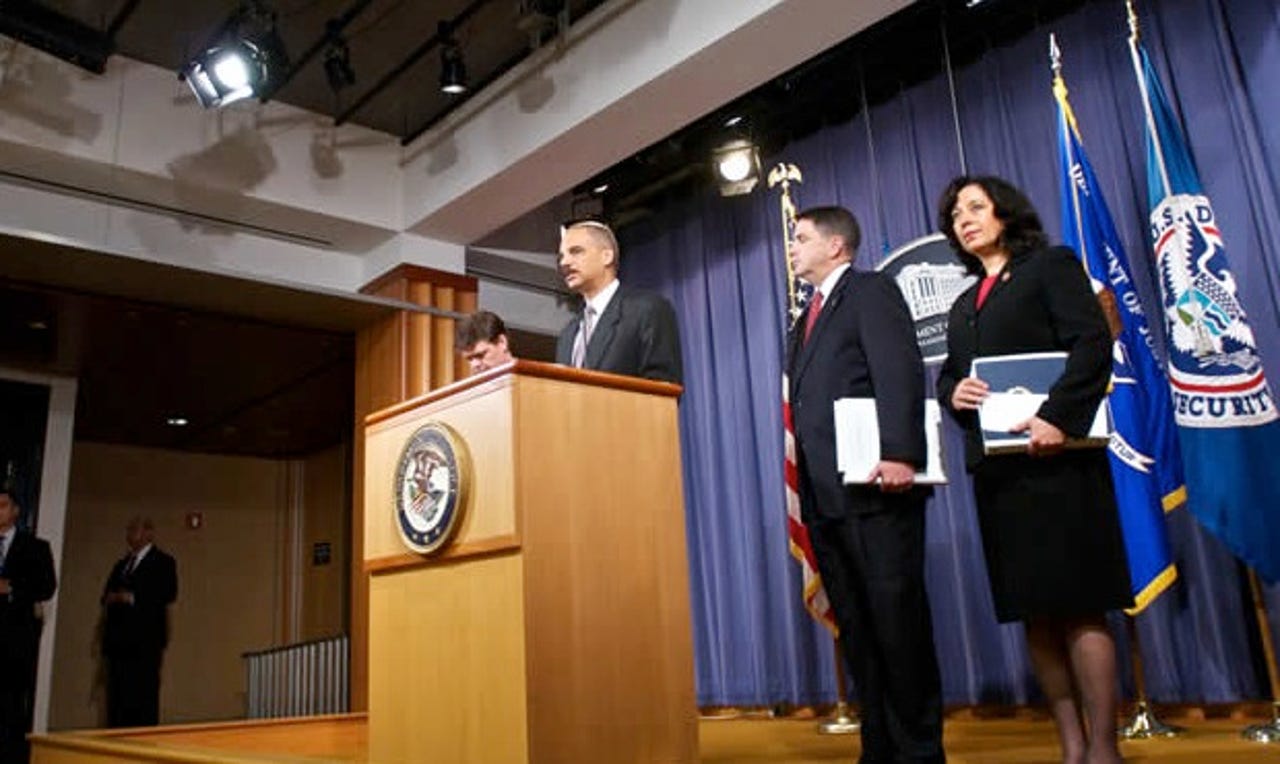DOJ probing claims U.S. drug agency 'collaborated' with NSA on intelligence


A day after Reuters reported that the U.S. Drug Enforcement Administration (DEA) was using tip-offs and intelligence collected by the National Security Agency (NSA) to crack down on suspected drug-related criminals, the U.S. government said it will investigate.
In response to The Guardian on Tuesday, the Justice Department said it was "looking into the issues raised by this story," but declined to comment further.
Read this
This ties in with comments made by White House Press Secretary Jay Carney in the afternoon briefing.
Though the data used to crack down on suspected criminals, reported the Reuters news agency on Monday, DEA agents are trained to "recreate" the origin of the intelligence. The report said this is to mask the true source from the courts, which as a matter of public record could have blown the lid on the whole intelligence collaboration operation.
Lawyers speaking to Reuters for the piece said these actions could violate a defendant's constitutional rights to a fair trial.
The tips the agency received originally came from the NSA, according to the reports, specifically from its Special Operations Division (SOD). The division was first named in June when revelations about the NSA's surveillance program first came to light. The SOD's remit is understood to collect intelligence on non-U.S. persons relating to national security, not drug crimes.
The Electronic Frontier Foundation said on Wednesday that this so-called practice of "parallel construction" as "intelligence laundering," and dubbed tactics as deceptive and dishonest.
ZDNet put in calls to the DEA (at the Justice Dept.) but did not hear back outside U.S. business hours at the time of writing.